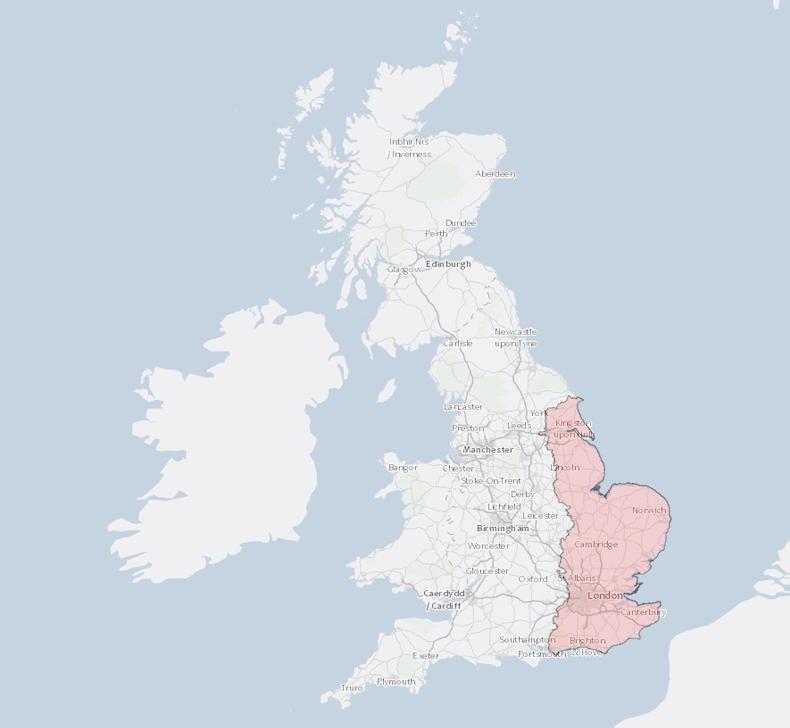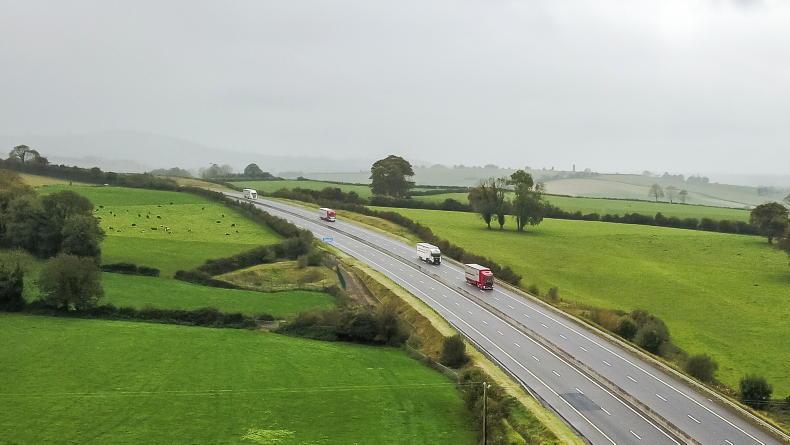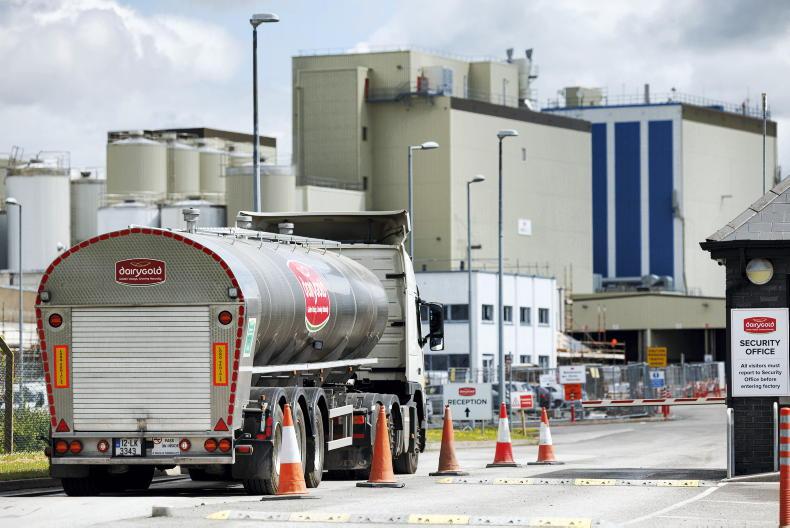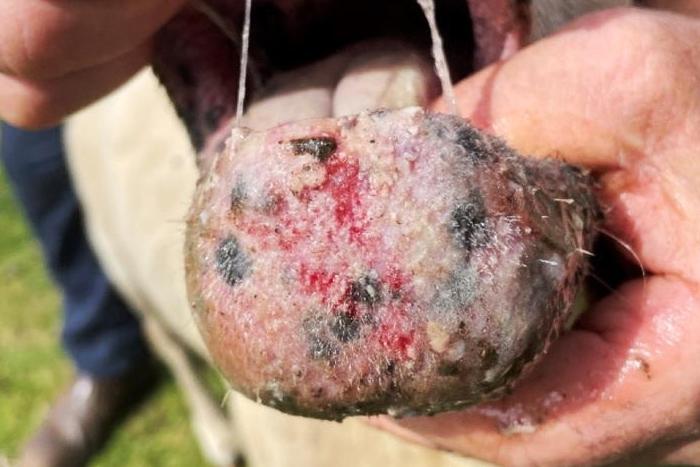Beef, sheep and dairy farms in large swathes of eastern England have been banned from moving animals off their farms as a result of the bluetongue virus.
As of 23 September, 98 cases of bluetongue serotype 3 have been confirmed in England. Cases have been confirmed in both cattle and sheep to date.
Infected farms and surrounding areas have been placed in a restricted zone, which means that farmers cannot move an animal or germinal products, such as embryos or semen, out of the zone, except under a licence granted by a veterinary inspector.
Farmers are banned from moving animals within the zone if the animal shows clinical signs of bluetongue on the day of transport. If an animal is transported from the zone to a factory outside of the zone with a licence, the factory must slaughter the animal within 24 hours of arrival. Dairy cows can be moved from the zone to their usual milking parlour and returned directly to where they came from.
Vaccine
The Department of Environment, Food and Rural Affairs (DEFRA) has permitted the use of three unauthorised bluetongue serotype 3 (BTV-3) vaccines in the England, subject to licence.
Although not authorised, the Veterinary Medicines Directorate has assessed them and considers them to be of “a consistent quality and safety, and to demonstrate consistent efficacy”.
“Unlike the authorised vaccines for other BTV serotypes, the BTV-3 vaccines claim to reduce viraemia rather than prevent it. This means they may not prevent your animals from being infected or infectious, but (depending on the vaccine) their claims include reduction or prevention of clinical signs experienced or mortality,” DEFRA stated.
All movement controls will still apply to vaccinated animals. Scotland, Wales and Northern Ireland have not licensed the use of the vaccine.
Risk
In its latest update to 17 September the Animal and Plant Health Agency said that the overall risk of the airborne introduction of bluetongue-infected midges to Britain from the continent was “very low”.
This means it is very unlikely, but not impossible, that infected midges were blown into Britain in the previous week.

The bluetongue restricted zone in England as of 24 September 2024.
Beef, sheep and dairy farms in large swathes of eastern England have been banned from moving animals off their farms as a result of the bluetongue virus.
As of 23 September, 98 cases of bluetongue serotype 3 have been confirmed in England. Cases have been confirmed in both cattle and sheep to date.
Infected farms and surrounding areas have been placed in a restricted zone, which means that farmers cannot move an animal or germinal products, such as embryos or semen, out of the zone, except under a licence granted by a veterinary inspector.
Farmers are banned from moving animals within the zone if the animal shows clinical signs of bluetongue on the day of transport. If an animal is transported from the zone to a factory outside of the zone with a licence, the factory must slaughter the animal within 24 hours of arrival. Dairy cows can be moved from the zone to their usual milking parlour and returned directly to where they came from.
Vaccine
The Department of Environment, Food and Rural Affairs (DEFRA) has permitted the use of three unauthorised bluetongue serotype 3 (BTV-3) vaccines in the England, subject to licence.
Although not authorised, the Veterinary Medicines Directorate has assessed them and considers them to be of “a consistent quality and safety, and to demonstrate consistent efficacy”.
“Unlike the authorised vaccines for other BTV serotypes, the BTV-3 vaccines claim to reduce viraemia rather than prevent it. This means they may not prevent your animals from being infected or infectious, but (depending on the vaccine) their claims include reduction or prevention of clinical signs experienced or mortality,” DEFRA stated.
All movement controls will still apply to vaccinated animals. Scotland, Wales and Northern Ireland have not licensed the use of the vaccine.
Risk
In its latest update to 17 September the Animal and Plant Health Agency said that the overall risk of the airborne introduction of bluetongue-infected midges to Britain from the continent was “very low”.
This means it is very unlikely, but not impossible, that infected midges were blown into Britain in the previous week.

The bluetongue restricted zone in England as of 24 September 2024.











SHARING OPTIONS